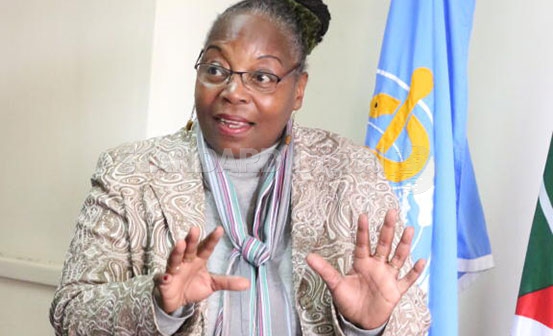×
The Standard e-Paper
Fearless, Trusted News

For the outgoing World Health Organisation representative to Kenya, Dr Custodia das Dores Isaac Mandlhate, retirement from work does not mean retreating from life.
“It is the beginning, not an end,” she says as she settles for this interview after introducing some of the staff of the WHO Kenya office at the fourth floor office at the ACK Garden House in Nairobi.